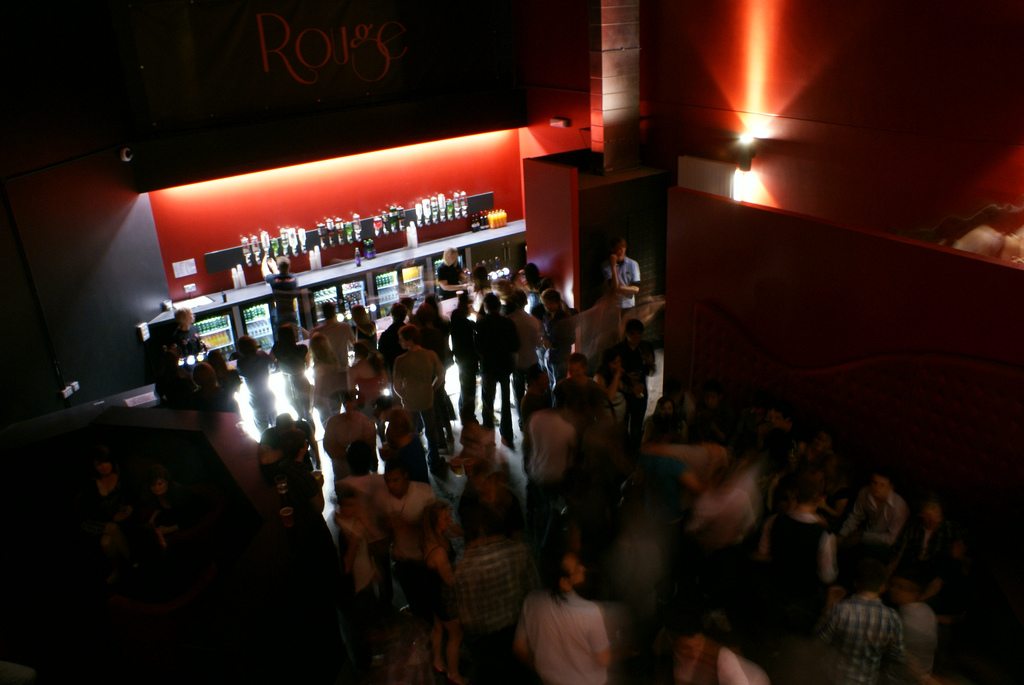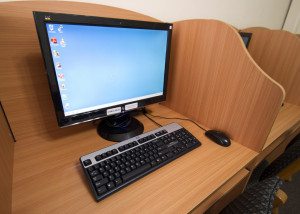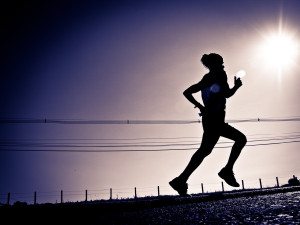Hack your way to a better Freshers
You have probably been congratulated a thousand times already, but well done for making it to Warwick! The next few weeks will be one of the busiest, most exciting times you will ever experience.
It can also be quite stressful and overwhelming at times and it’s important to remember that both the University and the SU can offer plenty of help in easing the transition from school to uni life. Do remember that everyone else is in the same boat so if you start feeling anxious about your studies or life in general, don’t brush it off. Try talking to a friend, it’s quite likely they feel the same way.
If that does not ease your feelings or you think your friends won’t understand, your resident tutor or your personal tutor will be able to help with more serious problems or at least direct you to the proper support services.
The University also runs a counselling service to provide access to professional therapeutic counselling to all students and staff. You can contact by emailing counselling@warwick.ac.uk or visiting www.warwick.ac.uk/counselling.
To finish off, here’s a fun bit of trivia about Warwick campus: At a distance of 100 km, you are now living closer to the Karman line, the official edge between the atmosphere and outer space, than you are from the sea! You will meet so many people that you might run out of things to say, so try that as an icebreaker!
Lectures? Stick to pen & paper
It may feel like a cheat to count plain old pen and paper as a bit of tech but sometimes the best advice is to just keep it simple.
Many of you will be considering whether or not to take your laptops or tablets to lectures but the truth is they are usually more trouble than they are worth.
It is also easier to keep focused if you stick to analogue. Afterall, you can’t check Facebook or Twitter on your Pukka Pad and your games selection is limited to a quick game of noughts and crosses with the person sat next to you!
Finally, studies have shown that students who write down their notes perform better on conceptual questions than their typing counterparts. Writing longhand engages more areas of the brain than simply typing them, which makes it easier for the brain to later recall information and easier for you to revise when term 3 arrives.
Make the most of the Cloud and web apps
Cloud storage may have taken a popularity hit after some certain iCloud leaks but it’s still a great way to keep non-sensitive files, such as uni work, somewhere easily accessible.
Many services such as Dropbox, Google Drive, OneDrive and the aforementioned iCloud have mobile apps that let you access and upload files on the go, as well as on a computer.
But if the recent security breaches have left you reluctant to use these services, you will be happy to know that every student at the University is allocated 1GB of storage on their servers. The computers in the Library, Learning Grid or in your department, which you log in using your IT Services details, direct you to a personal desktop accessible from any University computer. So don’t worry about using the library desktop all the time or moving files around in USB sticks!
If you save your files in your H: drive, you can even access the files at home by logging in to myfiles.warwick.ac.uk.
More likely than not, sometime throughout your time at Warwick you will have to work in groups. Depending on how large the group is, it can be difficult to find times when everyone can meet and get the work done. The easiest way to get around this is to use Google Docs, which allows multiple users to edit the same files simultaneously. It even has a chat feature built in that allows your group to discuss the project while you write it.
Web clippers are a handy alternative if you, like me, use bookmarks to save articles for later reading. Instead of simply saving the webpage address like bookmarks do, a web clipper allows you to save only the relevant bits of the page you want, be it simply a paragraph, an image or even a youtube clip. The best part is that it will save them to the clipper’s own server, so you will be able to access whatever you have saved even if the original is taken down or edited.
If you already use their main notetaking software, try out the Evernote or OneNote clippers. If you don’t, check out promising newcomer Dragdis.
A healthy mind, a healthy body
There is so much to do during Freshers’ Fortnight that it can become hard to keep on top of your health, physical and mental.
Between getting to know your hallmates and coursemates, attending lectures, going to all the fairs the SU puts on and the many nights out, it’s easy to miss or ignore symptoms that could potentially be life-threatening. Meningitis is deadly and it shares many symptoms with the common flu. While the disease is relatively rare and you are a lot more likely to come down with a case of Freshers’ Flu, it’s important to know how to recognise its signs and contact the University Health Centre immediately if you have any suspicions.
Speaking of the infamous Freshers’ Flu, one of the reasons it is almost inevitable catching it is the fact that our immune system can become compromised if we don’t get enough sleep. You may feel like you will miss out on a lot if you sleep the recommended 8 hours but a fortnight of late nights and early mornings will catch up with even the most resilient party-goers! If you absolutely can’t miss out on anything, take advantage of having a bed on campus and try napping after or even inbetween lectures. Just don’t start missing lectures because of extra-long power naps!
For many people, University is the first time that they will have to cook for themselves, at least on a more regular basis. While it can be tempting to live off frozen pizzas, ready meals and instant noodles, you don’t want to be the person that goes to hospital with a case of scurvy.
It’s not that hard to keep a healthy, balanced diet. If you have never cooked anything more complex than cheese on toast, why not team up with someone more kitchen-savvy? Cooking in bulk is usually cheaper, you get to eat nicer food, and maybe learn a thing or two and they will have less washing up to do (if a friend is cooking you a meal, the least you can do is wash up afterwards!).
Drink plenty of water
It’s no secret that there is a lot of alcohol consumption during Freshers. We should all drink responsibly but even then, it can be hard to avoid the occasional hangover.
Ethanol is a diuretic which means that while you are drinking it, you will pee a bigger volume than you have drunk. It does this because when it reaches the brain, the alcohol inhibits the creation of ADH, the hormone that controls the production of urine.
A healthy person will normally generate between 60 to 80 millilitres of urine per hour. Each unit of alcohol forces the kidneys to produce an extra 120 mL. And unfortunately, we only retain around a third of all the water we drink so it’s not as easy as simply drinking the extra water you expel.
This will leave you dehydrated and dehydration plays a big part in determining how bad your hangover will be. Add to that the fact that we become naturally dehydrated after a night’s sleep and it’s clear to see why hangovers are worse in the morning.
The liver and other organs try to compensate for the water loss by stealing water from the brain. Around 80 percent of the human brain is water, so it’s not surprising that our brains shrink in size after this. This shrinkage causes the brain to pull the membranes that connect it to the skull, which is the reason why hangovers are usually accompanied by headaches.
The excessive urination also removes many of the ions, such as sodium and potassium, that our nerves and muscles require to function properly. This also leads to headaches, in addition to fatigue and nausea.
Scientists have found that drinking a pint of water before performing mental tasks can improve your reaction times by 14 percent. So be sure to drink between 6 to 8 glasses, the recommended water intake, throughout the day to stay in top condition in both your lectures and your nights out.





Comments